M*A*S*H was an American TV show that aired from 1972 to 1983. Loosely adapted from the film directed by Robert Altman, the show dealt with a medical M*A*S*H unit during the Korean War and focused on how the doctors and nurses reacted to the insanity of war and the consequences of the horror on individual lives.
While set in Korea, the show was an obvious protest against the Vietnam conflict. Of the many aspects, thematically, they addressed, concepts of PTSD and moral and ethical grey areas were predominant and defined the tone throughout its run. The show (and movie) featured one of the most famous theme songs in television history. Suicide is Painless was composed and written by Johnny Mandel and Michael Altman. It is a melancholic melody, used as an instrumental to open the show. The actual lyrics are pretty bleak, the chorus merely being 3 lines: Suicide is painless/It brings on many changes/And I can take or leave it if I Please.”
In 1986 John Ostrander, Len Wein, and John Byrne plotted/scripted/drew a DC crossover event called Legends, following Crisis On Infinite Earths. A bunch of stuff happens, Darkseid and the Phantom Stranger are involved, humanity is turned against superheroes (Patent pending), lots of fighting and turmoil. In the 3rd issue, they introduce the character of Amanda Waller who, along with Ronald Reagan, restarted Task Force X, aka The Suicide Squad. A group of villains under the control of the government are sent into missions of moral or deniable ethics, with the dangling carrot of clemency before them. This team had existed, briefly, during a run in The Brave and the Bold (1959}, but this new iteration was something entirely different.
The concept proved popular enough that an ongoing series was commissioned, written by Ostrander and drawn by Luke McDonnell.
Led in the field by Rick Flag, with Waller as CO, the squad is tasked with a variety of missions, all morally ambiguous in some form of execution. Members would come and go (many leaving by way of death), but some mainstays persist, particularly the dead inside Deadshot and the vile Captain Boomerang. Many of the members are coerced by having devices attached to them triggered to explode if they go errant or off-mission. Eventually, this particular bit of “motivation” would involve bombs implanted in their heads. For real.
This run we are discussing today, from the trade, Trial By Fire, features the first 8 issues of the series, along with The Secret History of The Suicide Squad from Secret Origins #14, which is almost a podcast in itself.
Primary characters include the aforementioned Deadshot, Amanda Waller, and Captain Boomerang, along with Nightshade, June Moon/Enchantress, Nemesis, and Bronze Tiger. Other villains flesh out the team as needed for the parameters of the mission, and their individual talents.
The series wastes no time in establishing the ambiguities within each of the individuals and the very questionable nature of the missions they are sent on. This is Reagan’s America, and forging the Dirty Harry-esque concept of the rogue, cowboy anti-hero is on par with the times. Dirty deeds being done covertly and dirt cheap (in life expectancy and in personnel).
What is really fascinating about this iteration of Suicide Squad is just how far Waller will go, and what depths of covert turpitude are allowed in the sense of national security and the glossy outward presentation of safety and order.
As one of the least decompressed comics I remember reading, Ostrander presents more per page than some writers manage in 22 (or, even, say, 6 issues). Internal dialogues, moral quandaries, interpersonal relationships, questionable ethics, place of self in the world, political and social exegesis. It’s all here, in the hands of the alleged worst of humanity.
But Waller is the star, as she will continue to be for decades, even up to the last few weeks. One of the most interesting characters created in all comics, her motivations and will are always interesting to dissect and ponder. While the team and the concept of the team remain the crux of the various ongoing, Waller is the constant, and the muddy ethic of her goals will sustain through nearly 40 years of DC history. The Suicide Squad is the hidden, ugly face of the DC universe, in sharp contrast to the shiny heroics of the public-facing gods on the front pages. And Waller, the puppeteer in the shadows, doing all the nasty things we don’t want to talk about.
Heroes? Villains? Or something more complex?
This article originally appeared as the introduction to episode 112: Suicide Squad.
The Collected Edition is a comic book podcast where the hosts discuss the famous and infamous runs and story arcs throughout the history of comics. Please subscribe to the show on Apple Podcasts, Sticher, IHeartRadio, and Spotify.

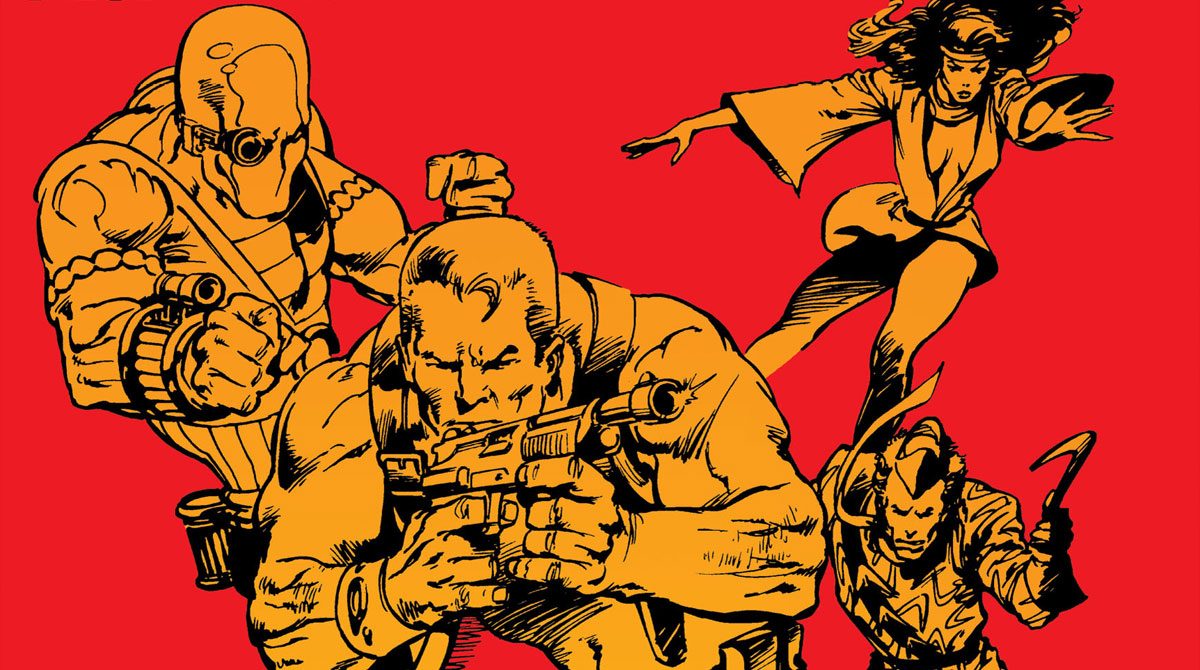
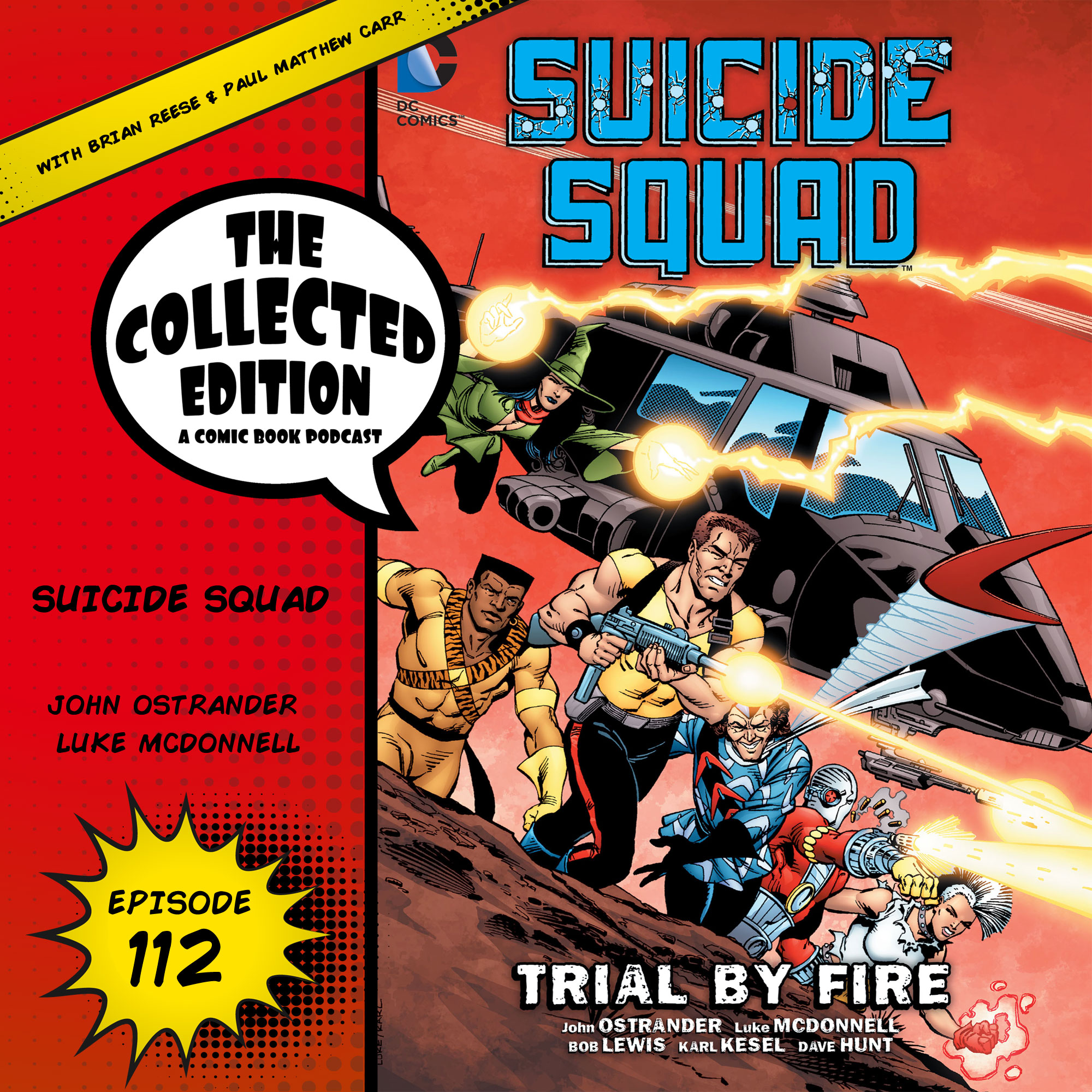
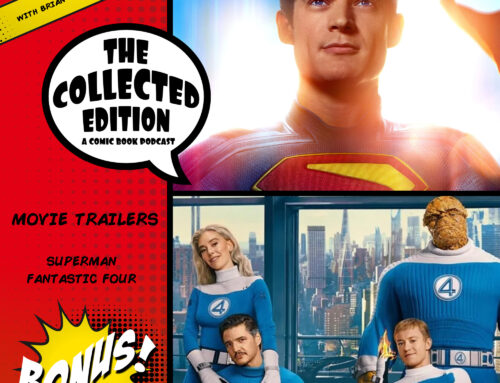
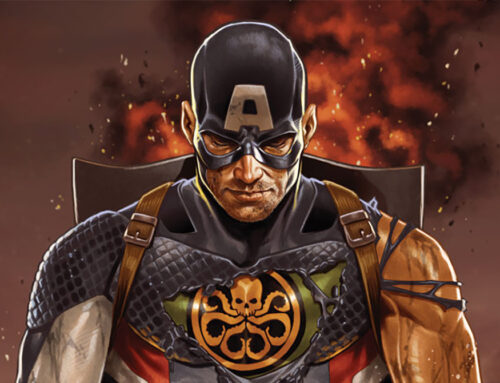
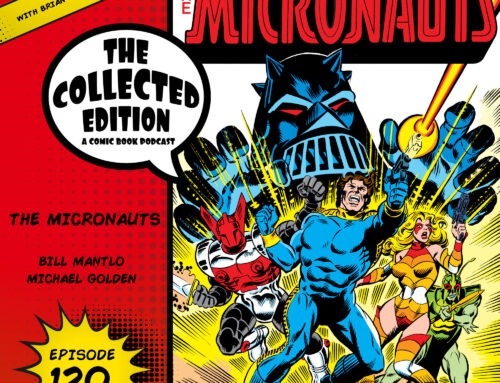
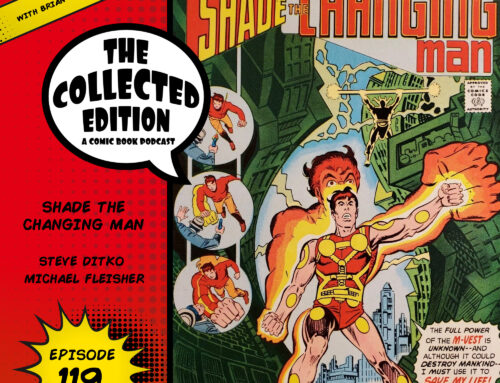
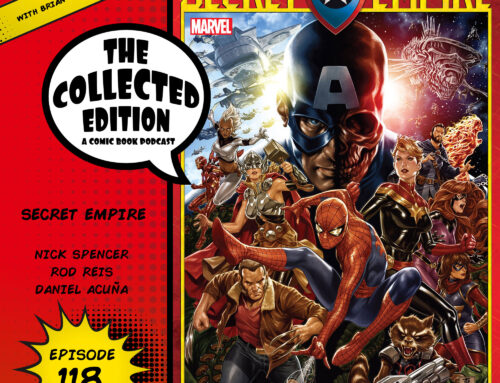
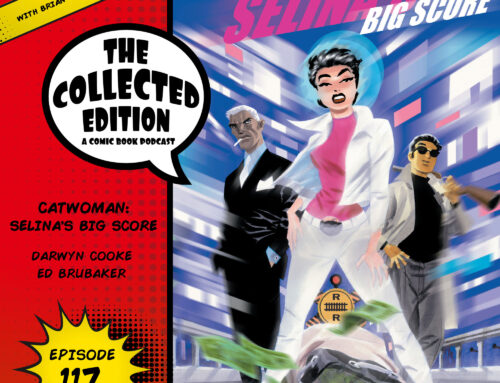

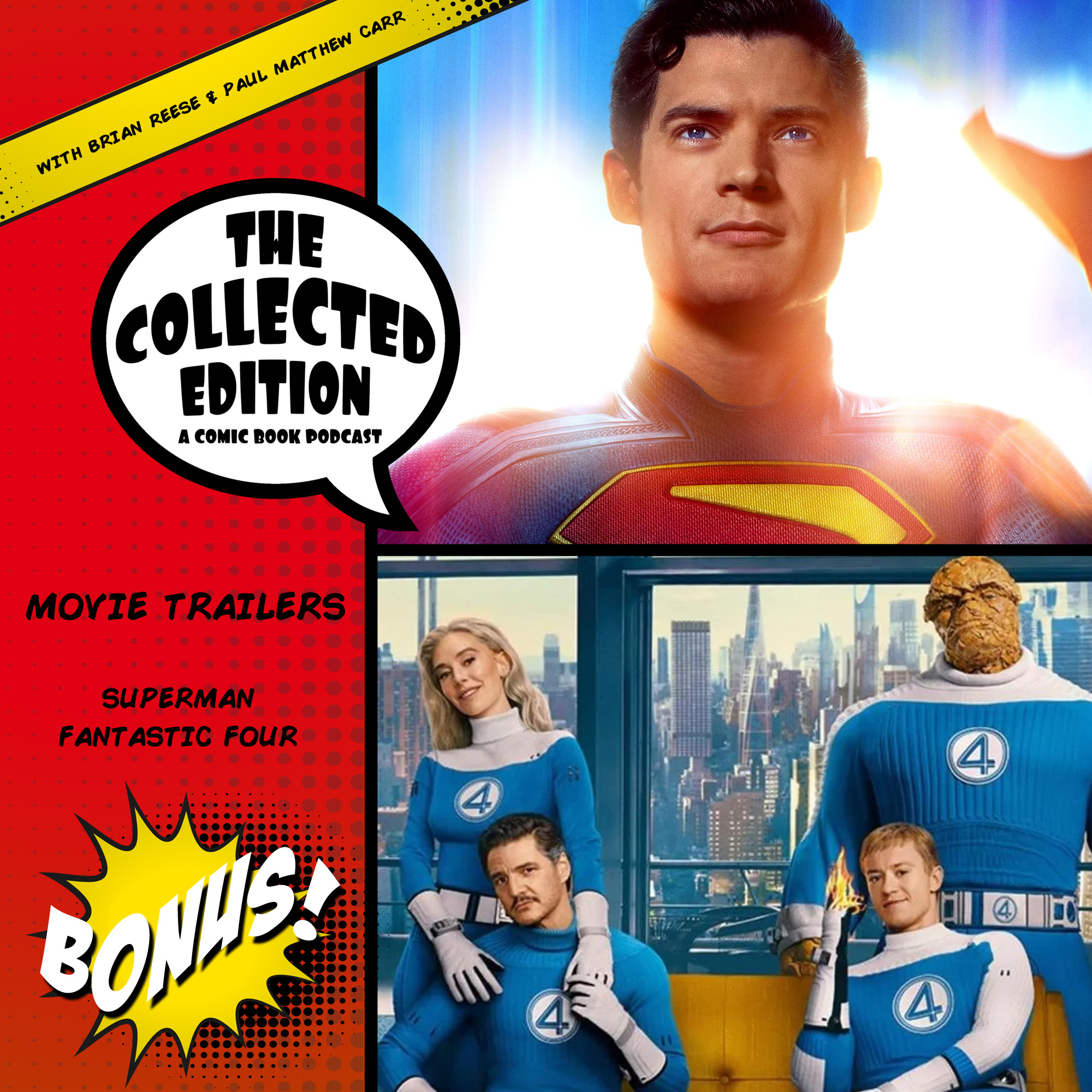
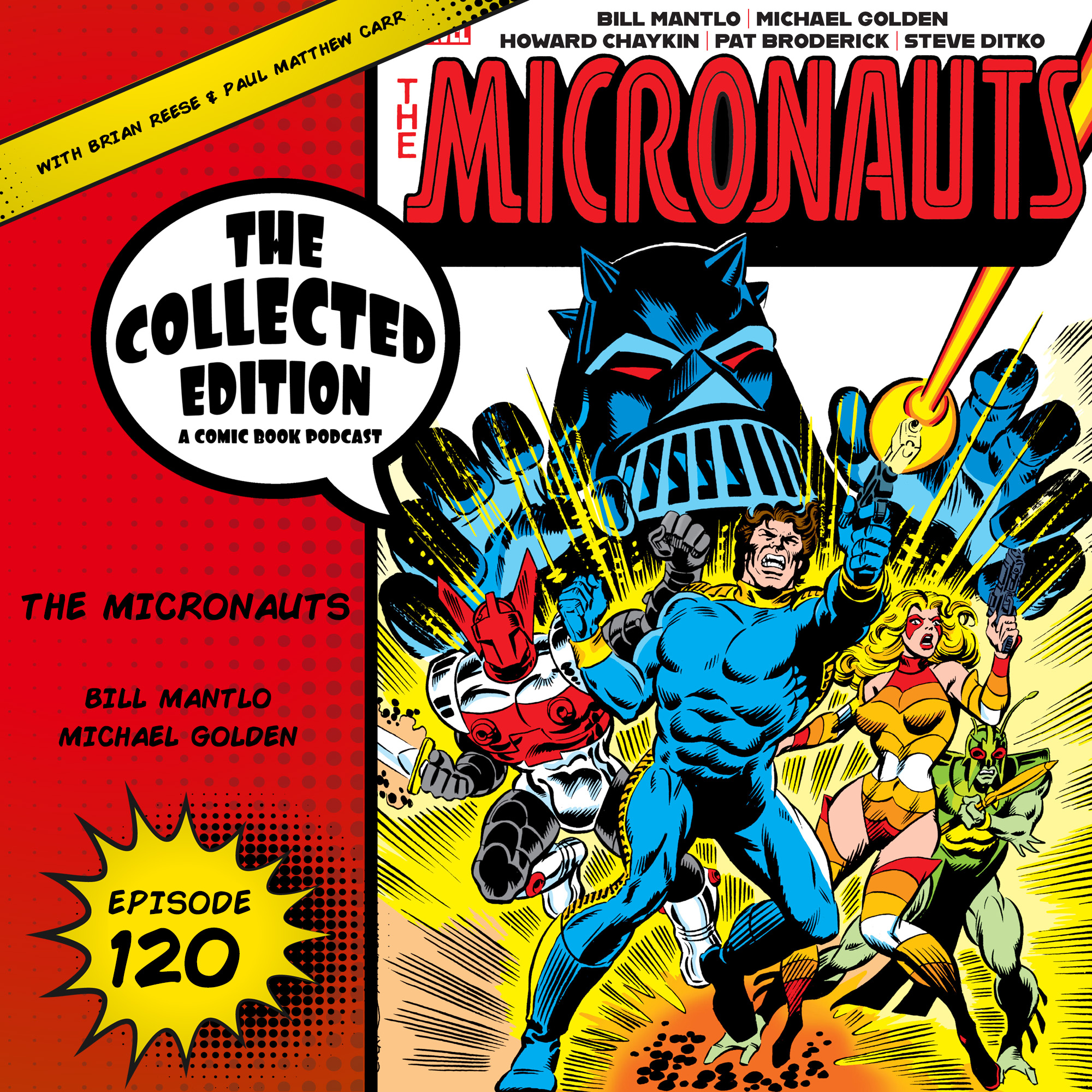
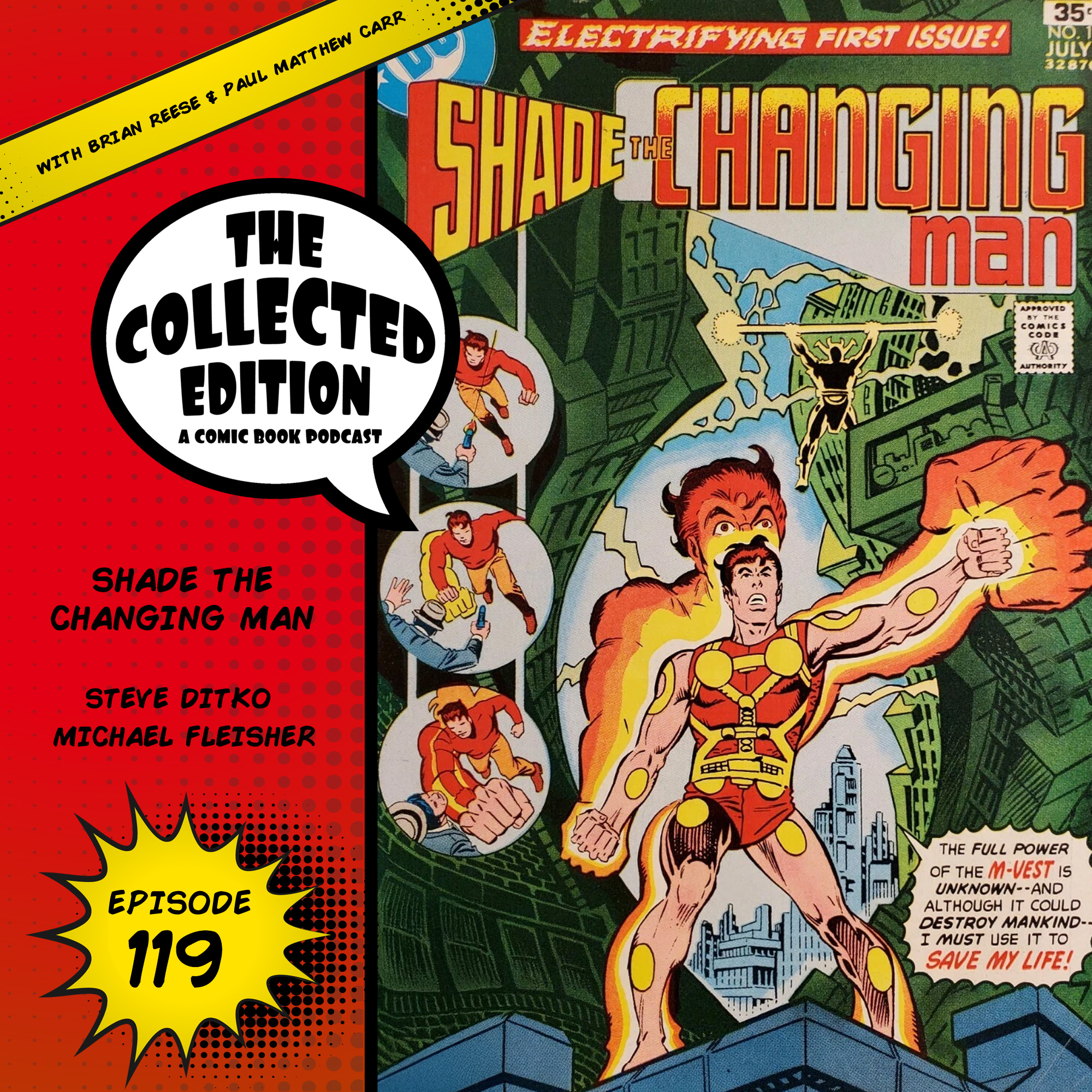
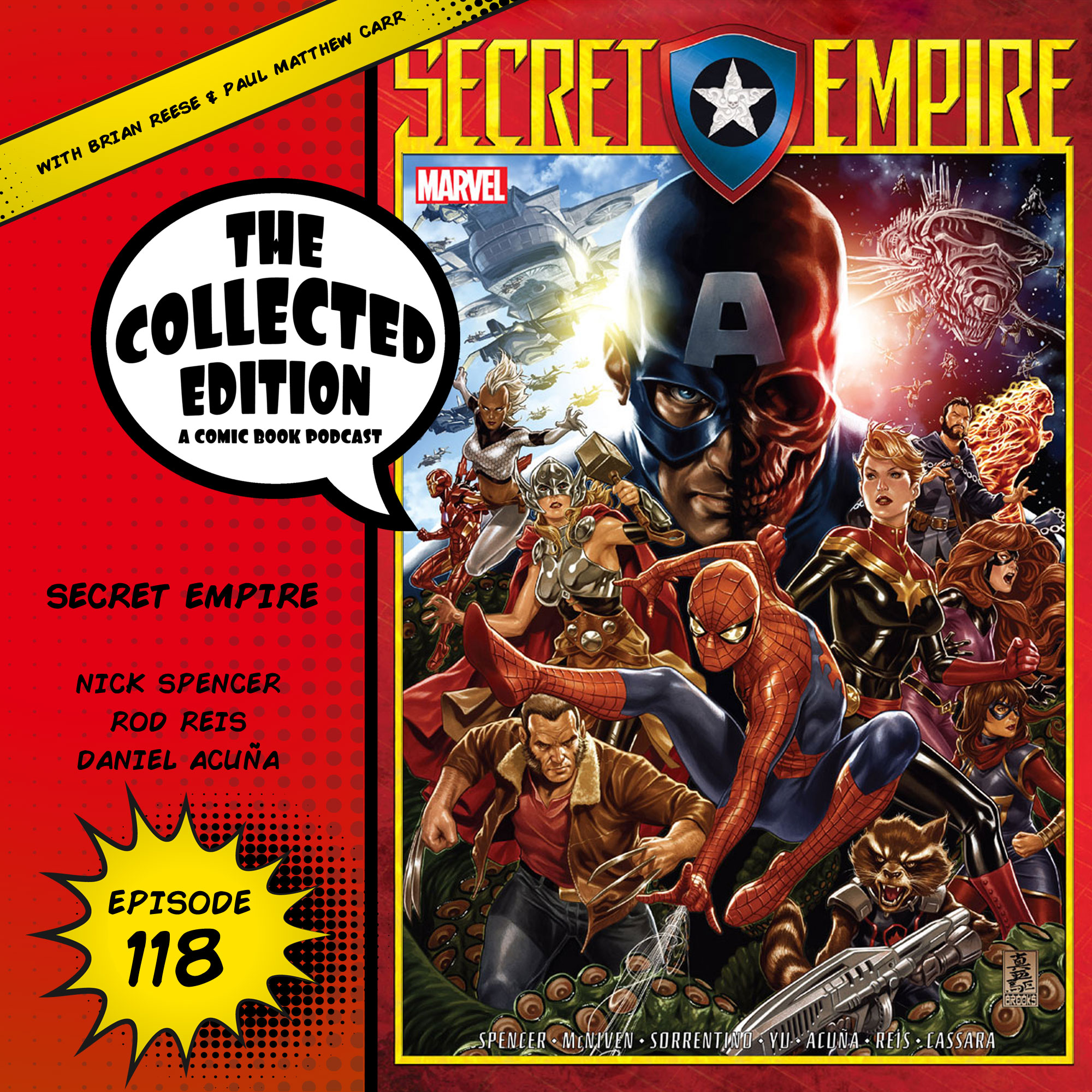
Leave A Comment